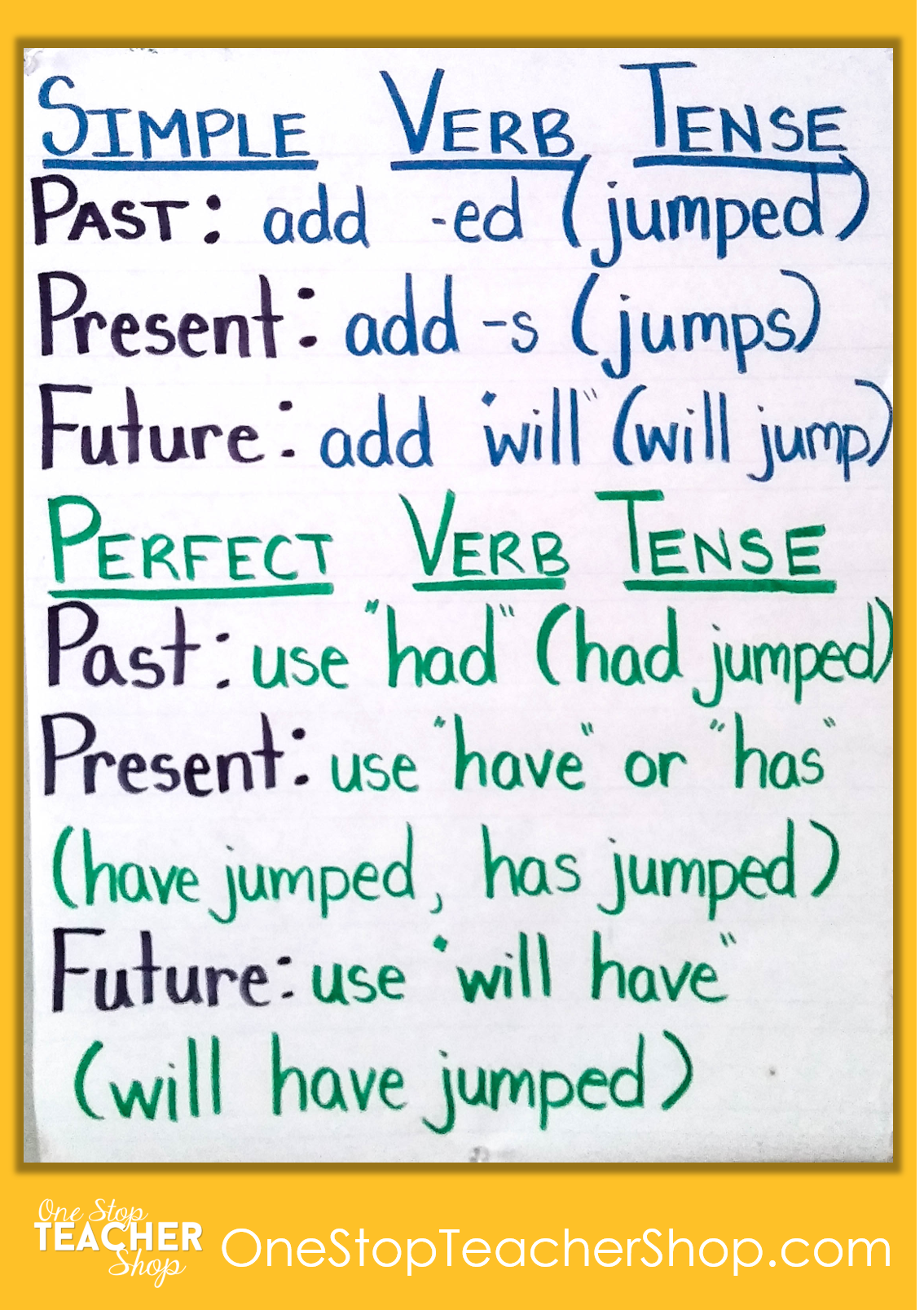

Even though the way you used “hopefully” in your first sentence is widespread in informal English, that use of the word “hopefully” is frequently not accepted in formal English – as explained in the AHD usage note below. The American Heritage Dictionary contains some very good usage notes. But hopefully, my dear, we won't give a damn.I am sure you have heard both versions. There will be grousing from the defiant one-percenters. But he actually came round to accepting the floating "hopefully" early on. Safire was the last guru who was invested with that kind of authority. But there's no one around now who could anoint a brand-new litmus test for grammatical purity. People will always have their crotchets, those scraps of grammatical lore they learned at the end of Sister Petra's ruler. The prejudice against "hopefully" will no doubt survive, zombie-style, among the scribbling classes for quite some time.

(I worked with them on this for a number of years in my capacity as chair of the panel.) Over time, the panelists generally become less sticklerish about traditional bugaboos like using "aggravated" for "irritated," or "nauseous" for "nauseated." The only exception is that floating "hopefully." In 1969, only about half the panelists agreed with it by 1999 it was unacceptable to 80 percent of them. Since 1969, the American Heritage Dictionary has been sending surveys about usage questions to a panel of well-known writers and editors. That helps to explain the curious persistence of the fetish. It's not enough just to be literate you have to have pretensions to being one of the literati. You can only know about it if you're the sort of person who reads usage guides or who has tea with others who do. Somebody who came to "hopefully" armed only with a keen ear for English grammar and style would have no way of knowing that anybody had a problem with it. So why did critics decide to turn this useful little adverb into the era's biggest bugaboo? Well, you could argue that the very unreasonableness of the objections to "hopefully" helps make the rule an efficient badge of belonging. But it would be pushing my luck to say, "Hopefully, I'll survive to 105," since that suggests it might actually be in the cards. I'm comfortable saying, "I hope I survive to 105" - it isn't likely, but hey, you never know. The first just expresses a desire the second makes a hopeful prediction. The fact is that "I hope that" doesn't mean the same thing that "hopefully" does. People get so worked up about the word that they can't hear what it's really saying. That's what usage fetishism can drive you to - you cross out an adverb and replace it with a six-word impersonal passive construction, and you tell yourself you've improved your writing.īut the real problem with these objections is their tone-deafness. But neither does "It is to be hoped that," which is the phrase that critics like Wilson Follett offer as a "natural" substitute. Or people complain that "hopefully" doesn't specifically indicate who's doing the hoping. But floating modifiers are mother's milk to English grammar - nobody objects to using "sadly," "mercifully," "thankfully" or "frankly" in exactly the same way. Some critics object that it's a free-floating modifier (a Flying Dutchman adverb, James Kirkpatrick called it) that isn't attached to the verb of the sentence but rather describes the speaker's attitude. For one thing, the word itself is so utterly inconsequential - is that the best you've got? And then there's no rational justification for condemning it. The fact is that "I hope that" doesn't mean the same thing that hopefully does.īut the fixation with "hopefully" is different from those others.


 0 kommentar(er)
0 kommentar(er)
